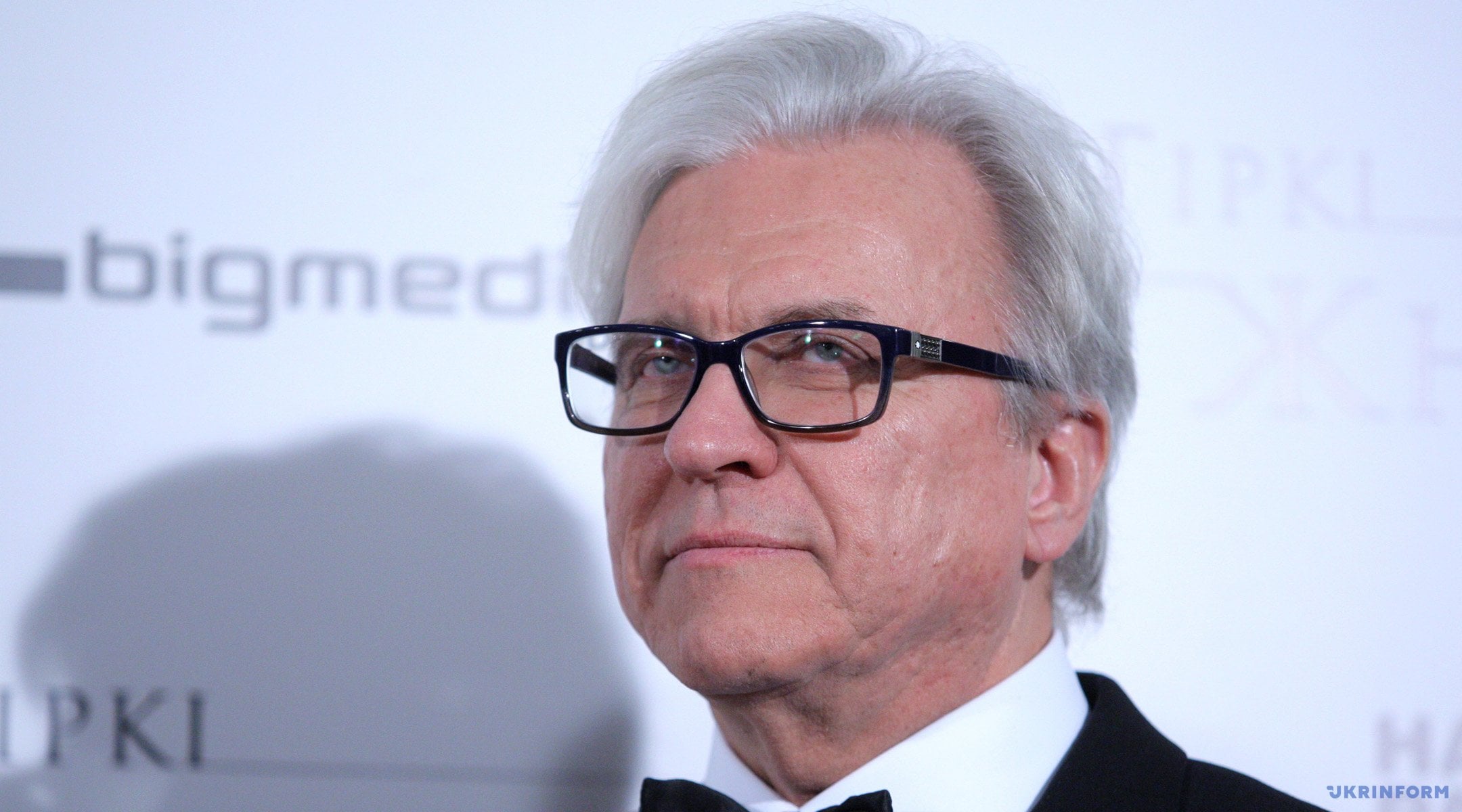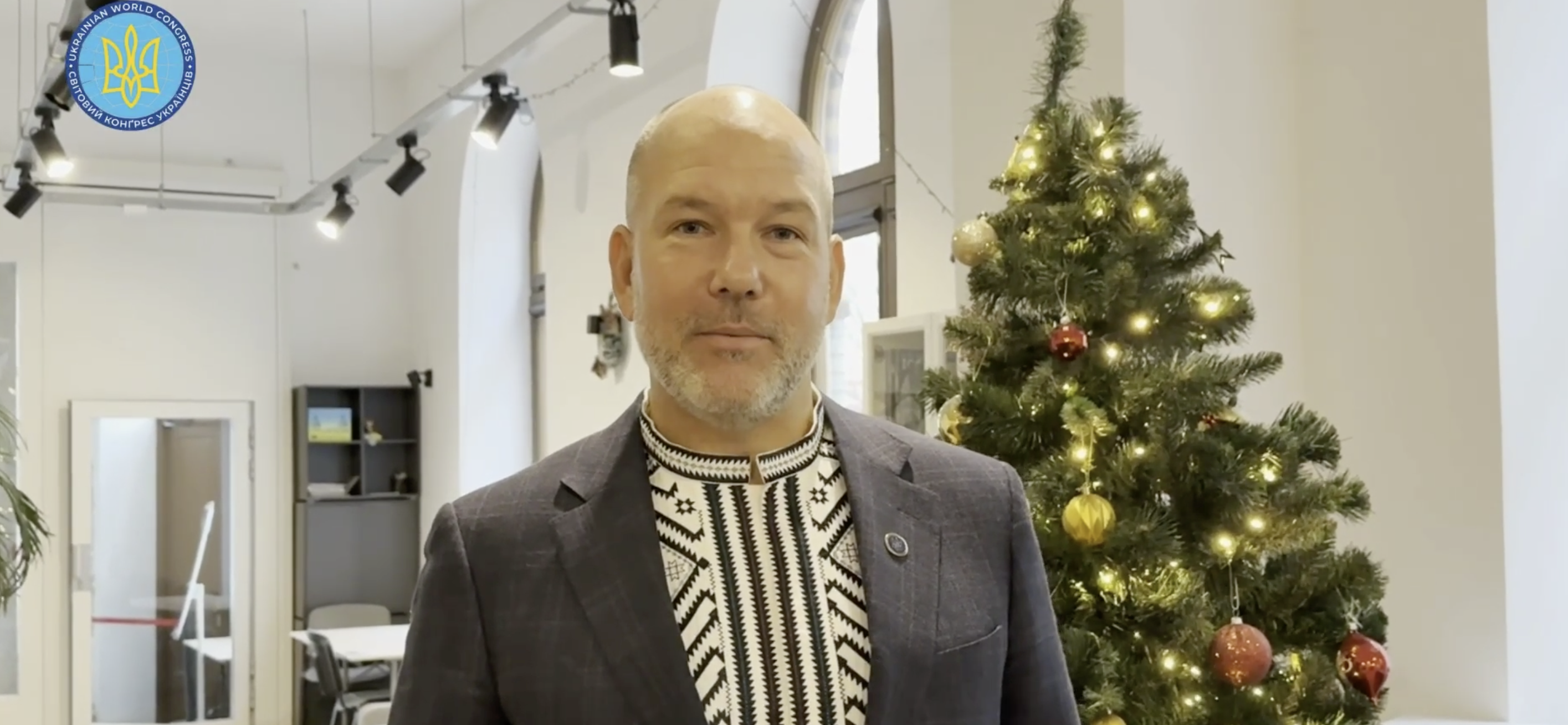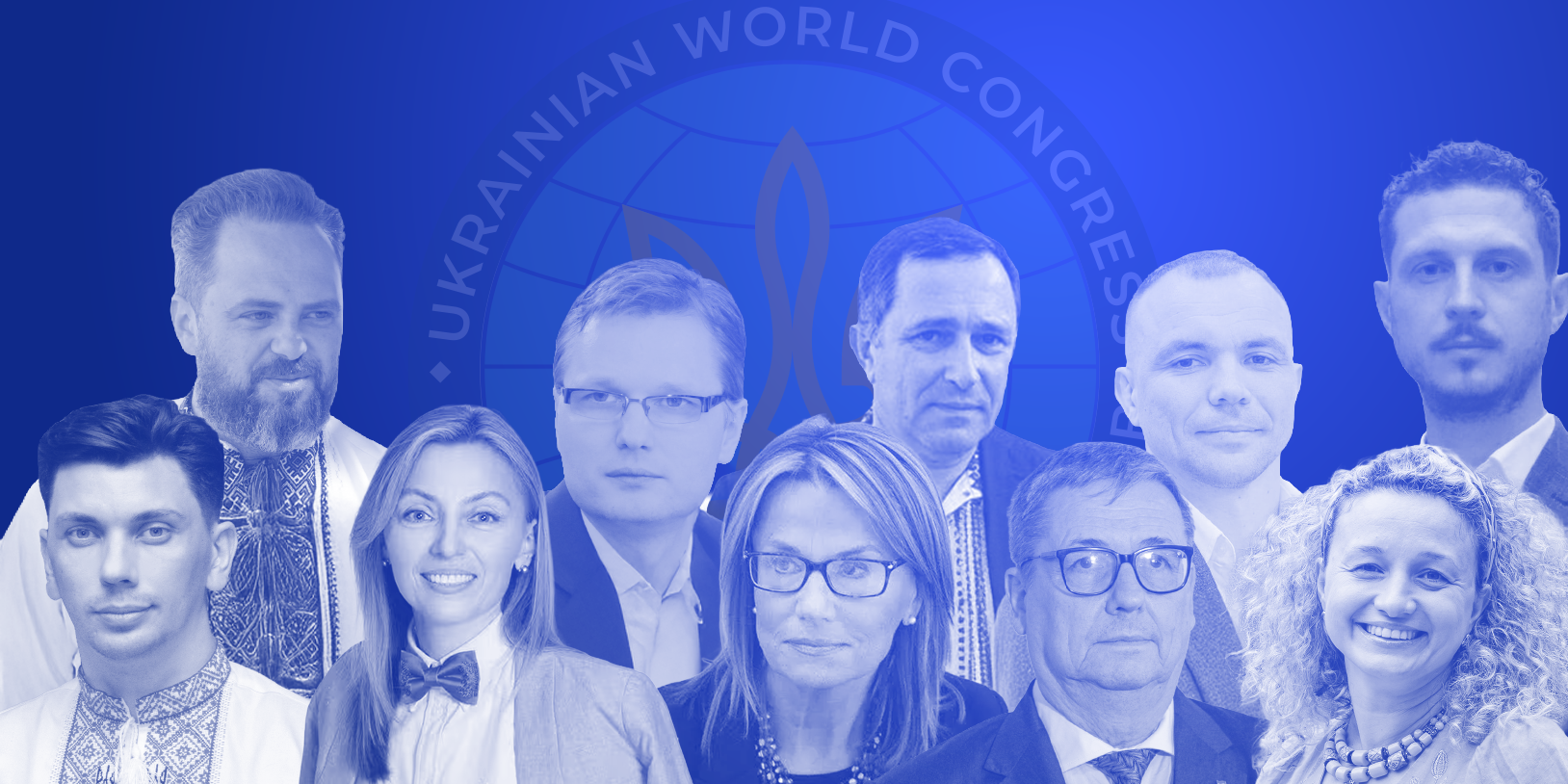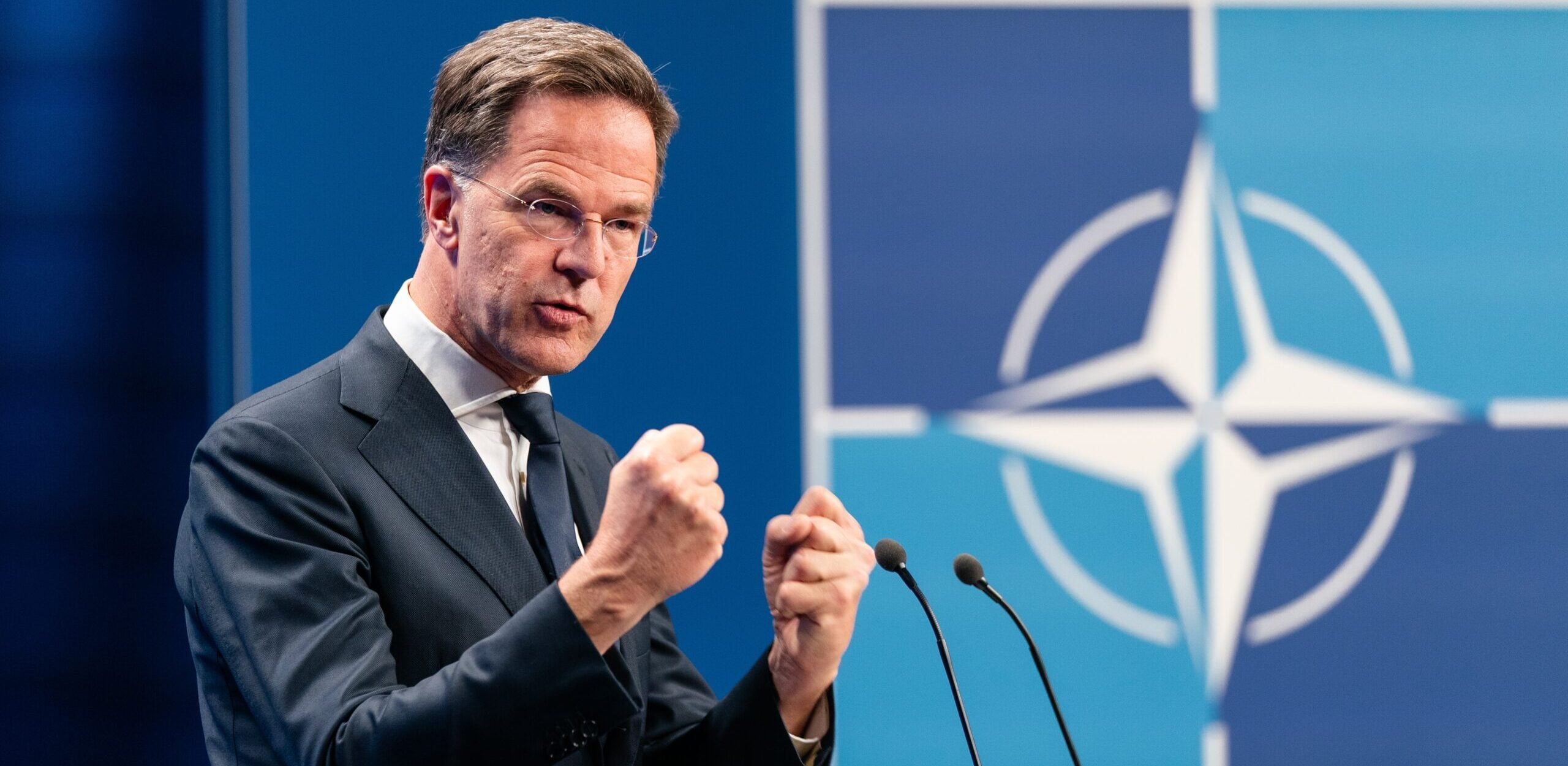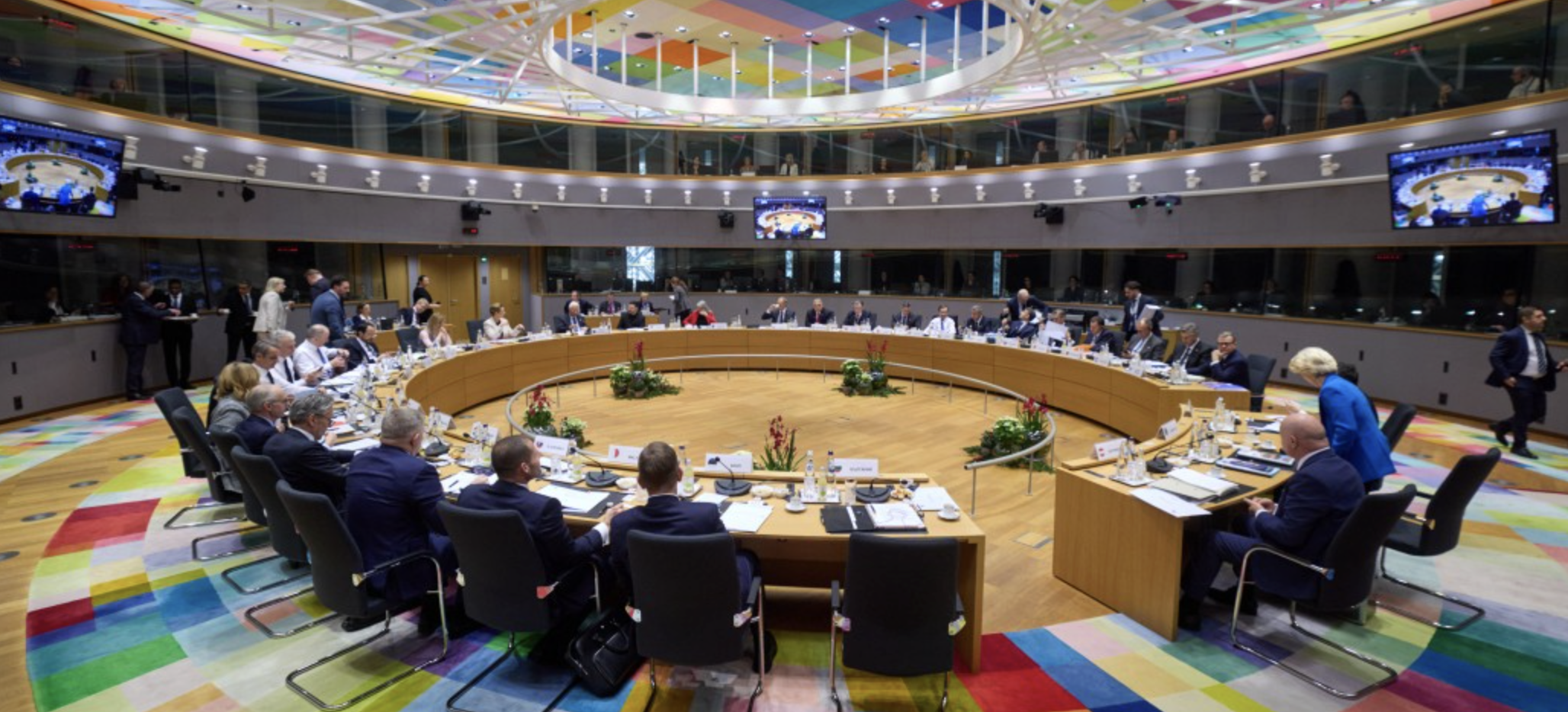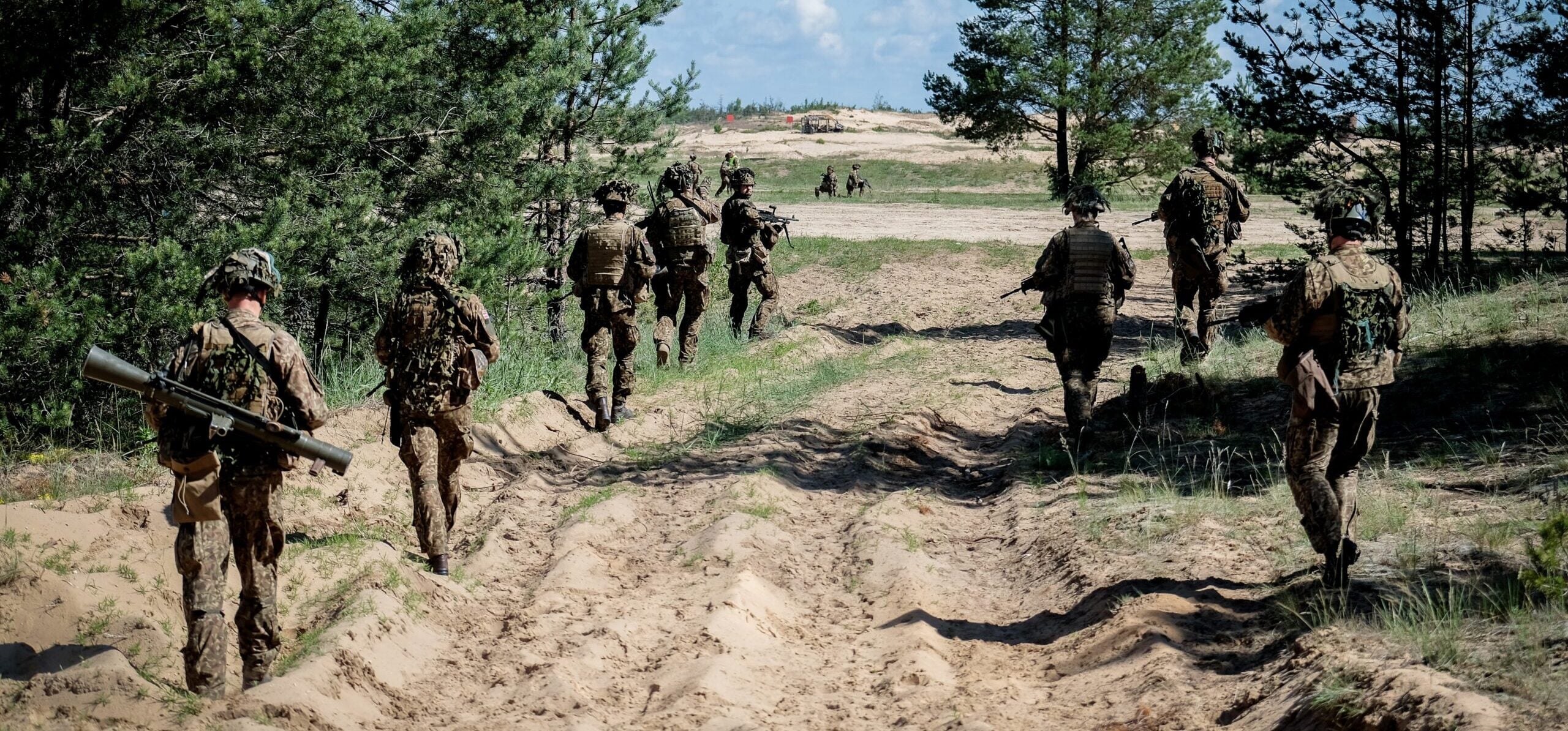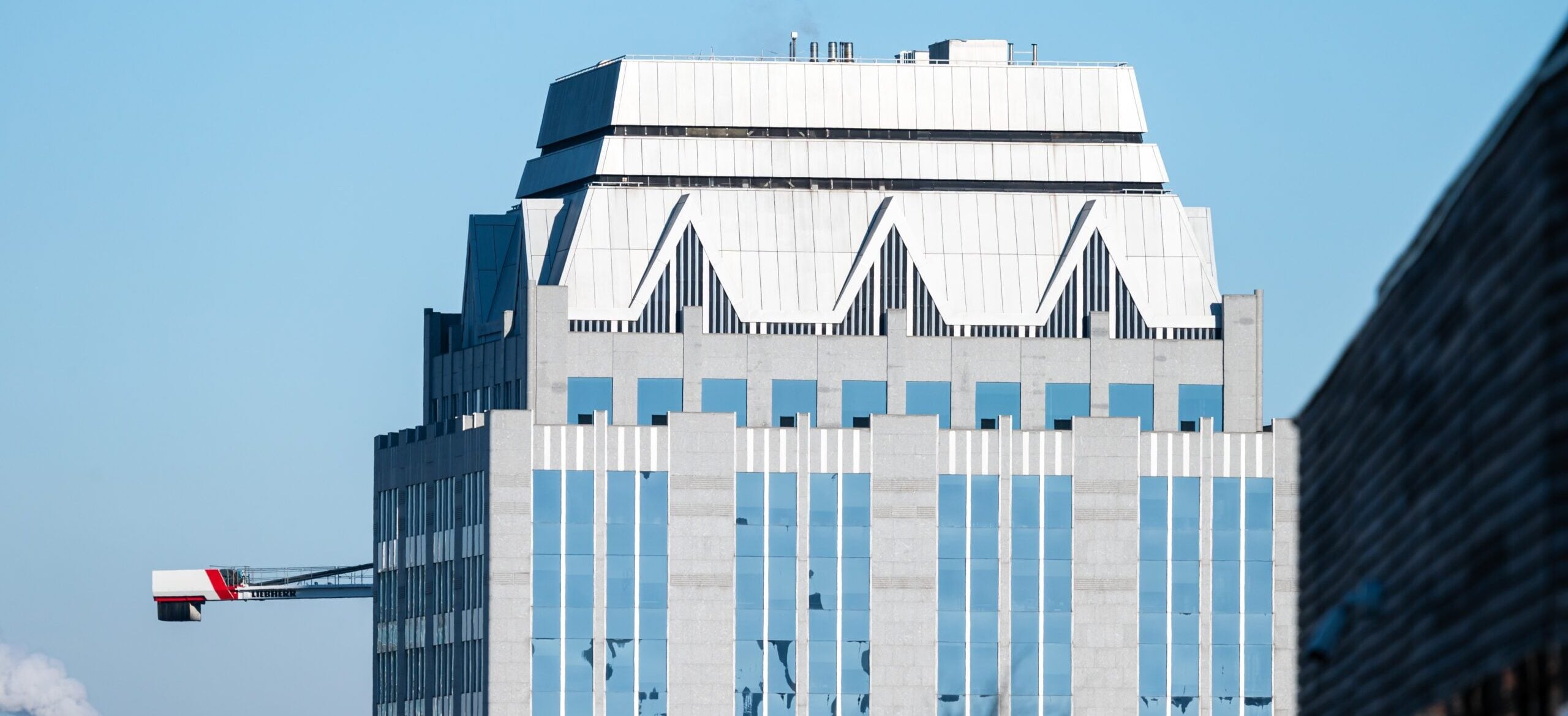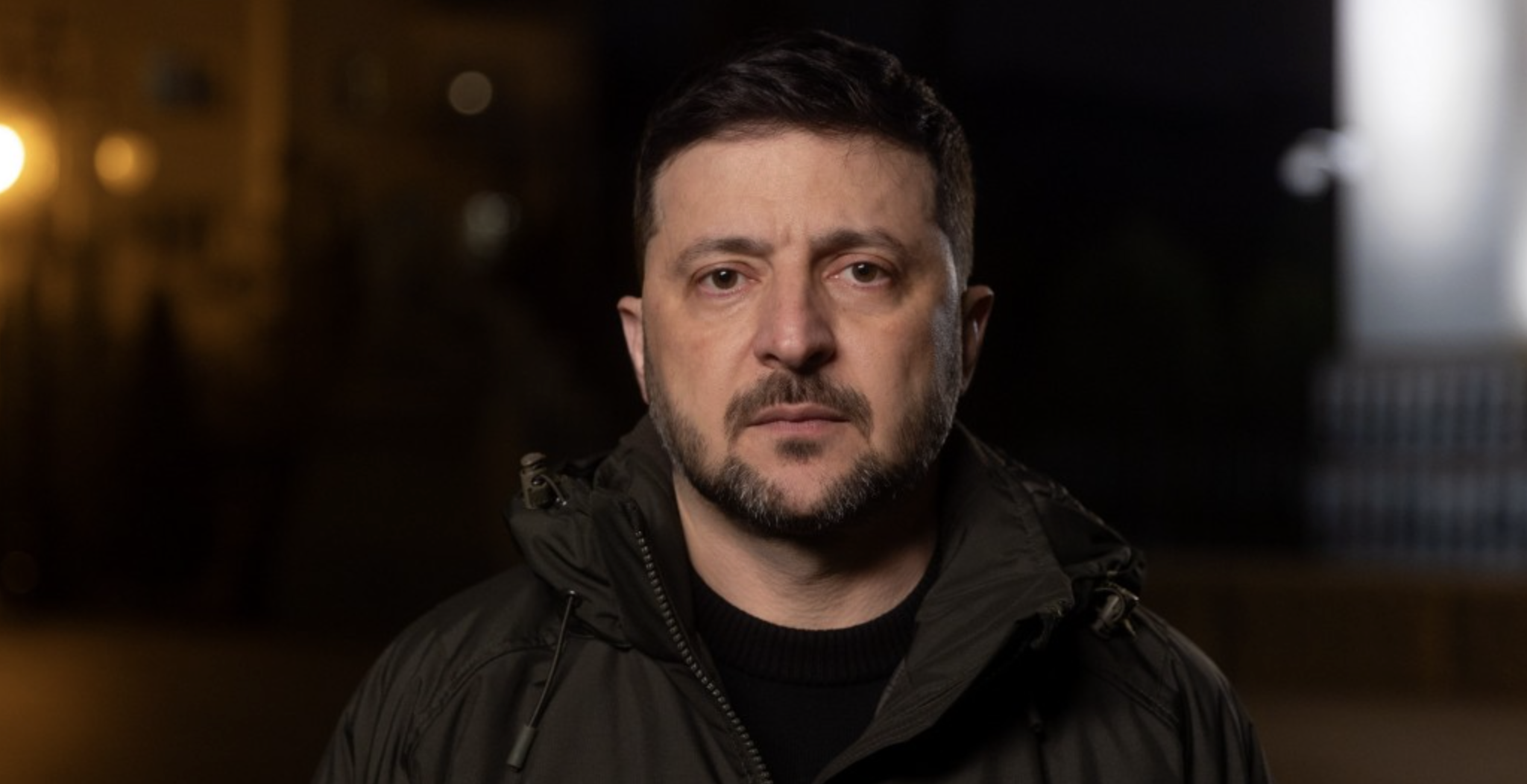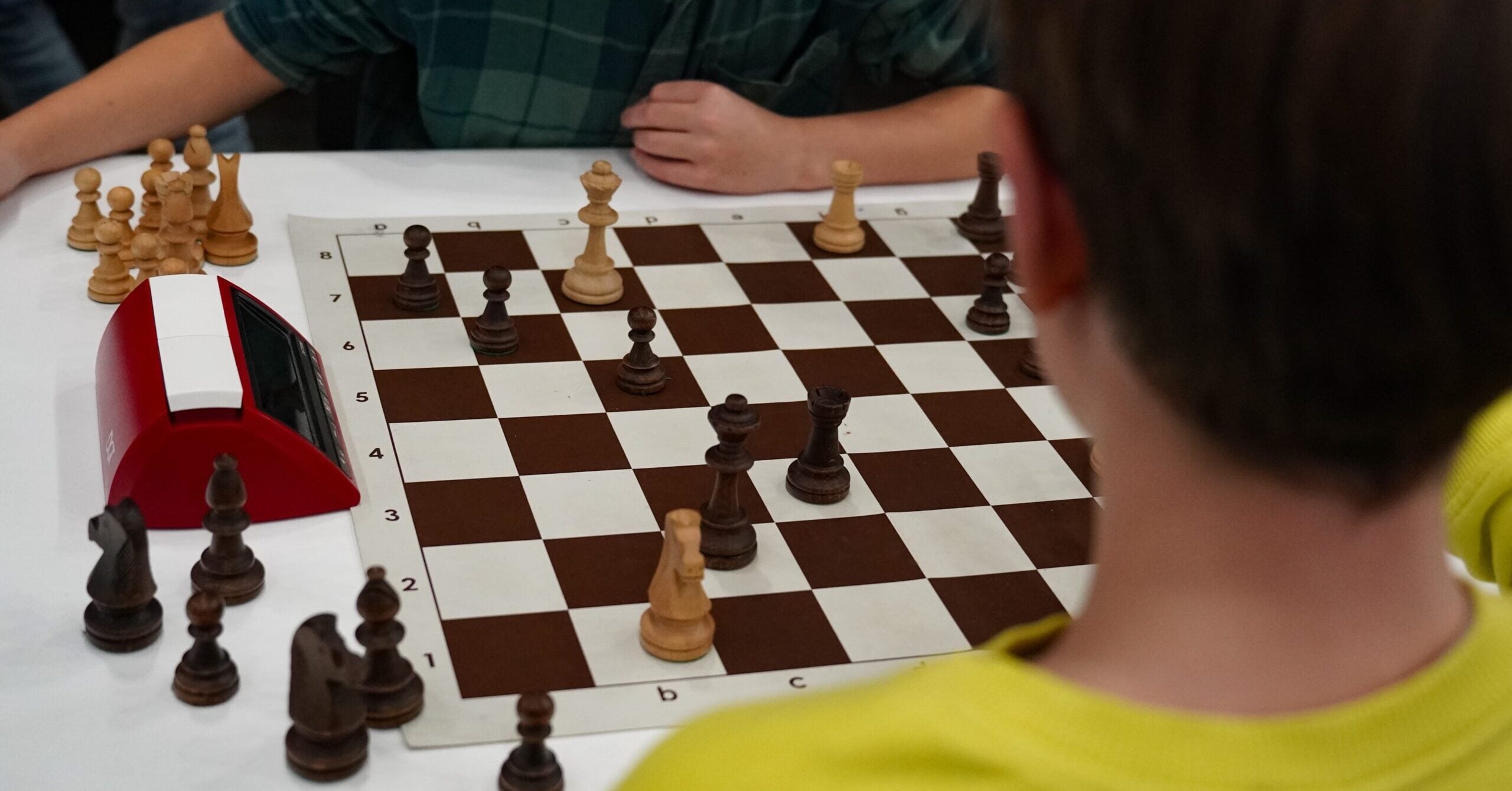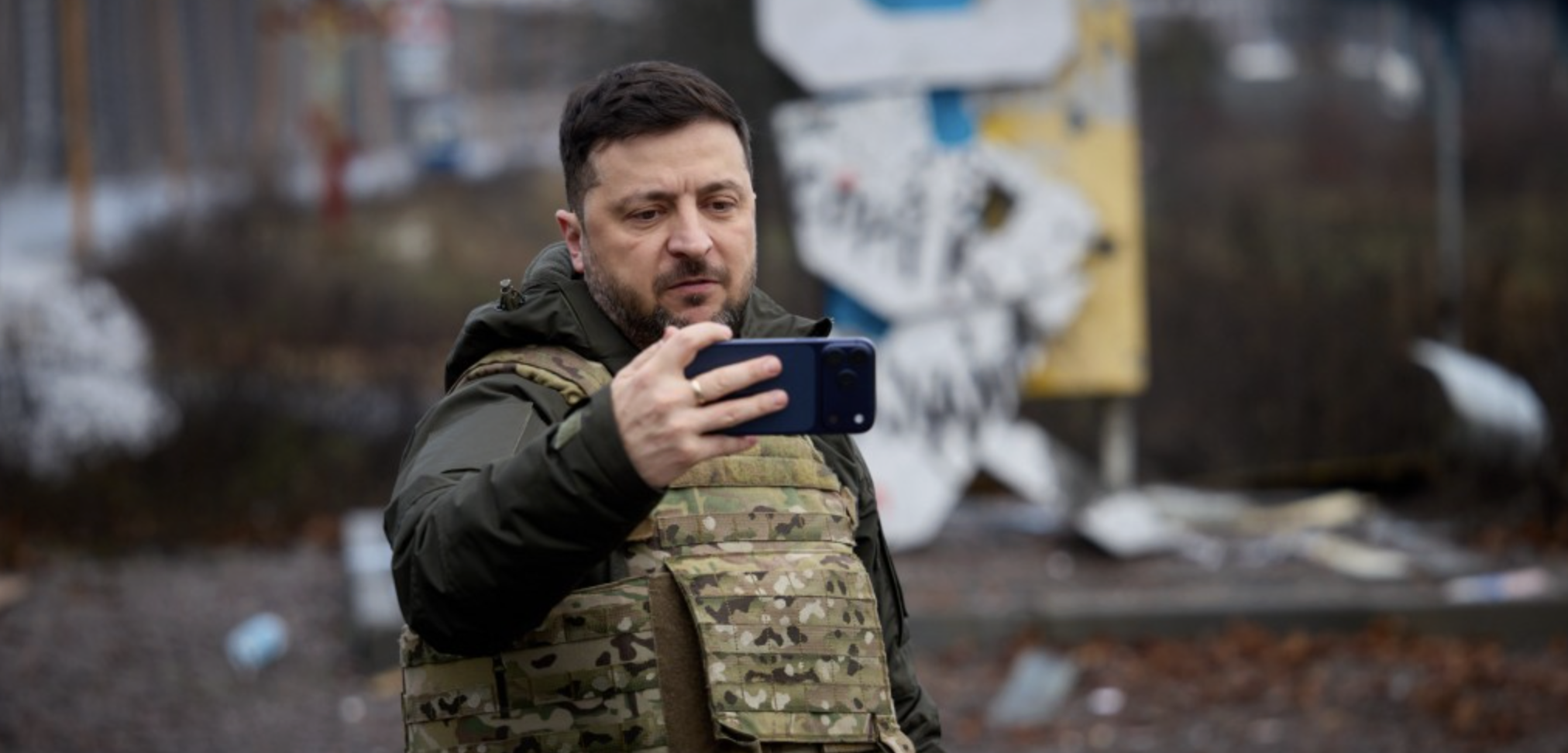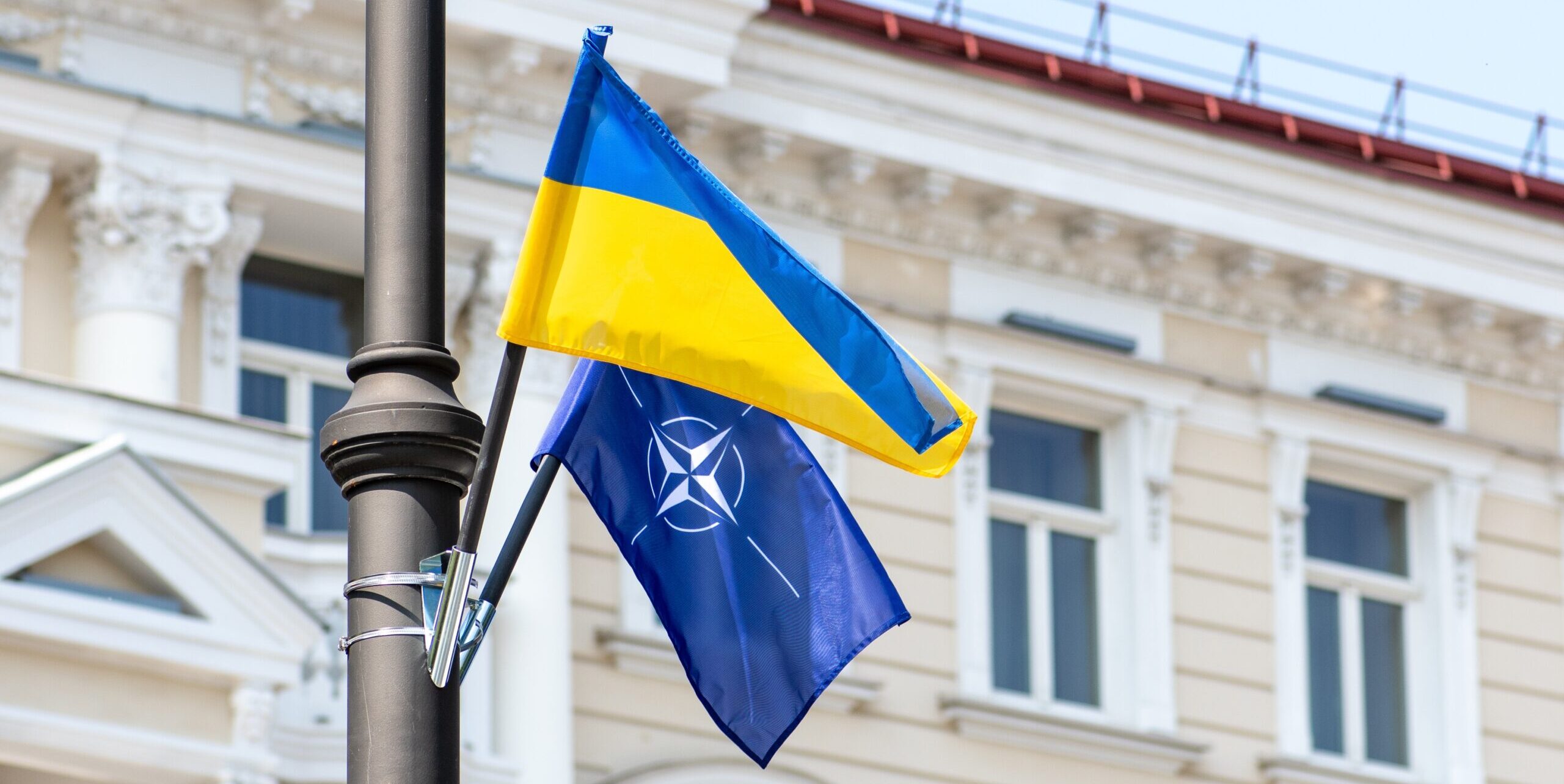
Ukraine must be in NATO, and Alliance members should increase efforts to better respond to various threats provoked by Russia, said the ambassadors of Baltic countries in the UK in a joint appeal marking the 20th anniversary of joining the military-political union.
“We joined the Alliance when the geopolitical sky seemed almost cloudless. We did not see it that way. Our warnings about the latent and growing threat from the East were too easily dismissed in some allied capitals. We knew then just as we know today that only a collective defence can guarantee security in Europe. We lacked this in the 1930s and paid a heavy price; one that Ukrainians are paying now. The torments – deportation, torture, kidnap of children, cultural erasure – that they experience under Russian occupation awaken our own darkest memories and fears,” the text reads.
Estonia, Latvia, and Lithuania are in the “security paradox” as they have never had better security guarantees but have not felt such a real threat for a long time. “Nato has grown stronger, but so have the ambitions of our adversaries. Russia is the greatest threat to Euro-Atlantic security and must therefore not be allowed to win the war in Ukraine. We are determined to support Ukraine until victory,” diplomats wrote.
Baltic countries are leaders in terms of the volume of military aid provided to Ukraine relative to the size of their economies and invest more than 2% of GDP in defense. Ambassadors called for a serious assessment of risks in the event of a Russian attack on their states. Ukraine’s accession is in the interests of the Alliance.
“As a battle-hardened ally, Ukraine will be a heavyweight contributor to our security. A clear path for Ukrainian membership must be a priority for the alliance’s 75th anniversary Summit in Washington this summer,” the text reads.
Allies must be prepared to respond quickly, convincingly, and effectively to all new threats. This requires faster decision-making procedures in NATO and other organizations. All NATO members must invest in their defense to make the Alliance’s new defense plans a reality.
“We are acutely aware that Russia’s war economy and battle-hardened military can pivot quickly from south to west. We agree with intelligence assessments that a sharp strategic challenge to our defence and deterrence could come in as little as three years or even less. We on the east side of the Baltic Sea have few natural frontiers, and nowhere to retreat to. … Russia’s containment policy is not an option – it is a necessity. It is a time for the alliance to be pro-active in creating strategic dilemmas for Russia,” the text concludes.
Among the column’s authors are the Ambassador of Estonia Viljar Lubi, the Ambassador of Latvia Ivita Burmistre, and the Chargé d’Affaires for Lithuanian Ambassador Lina Zigmantaite.
Cover: Shutterstock
